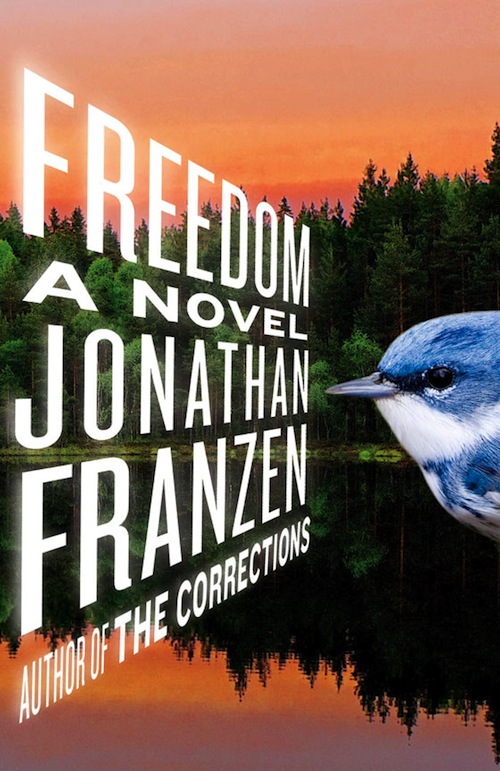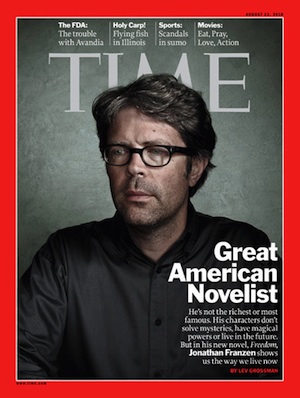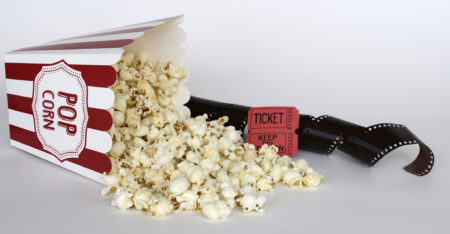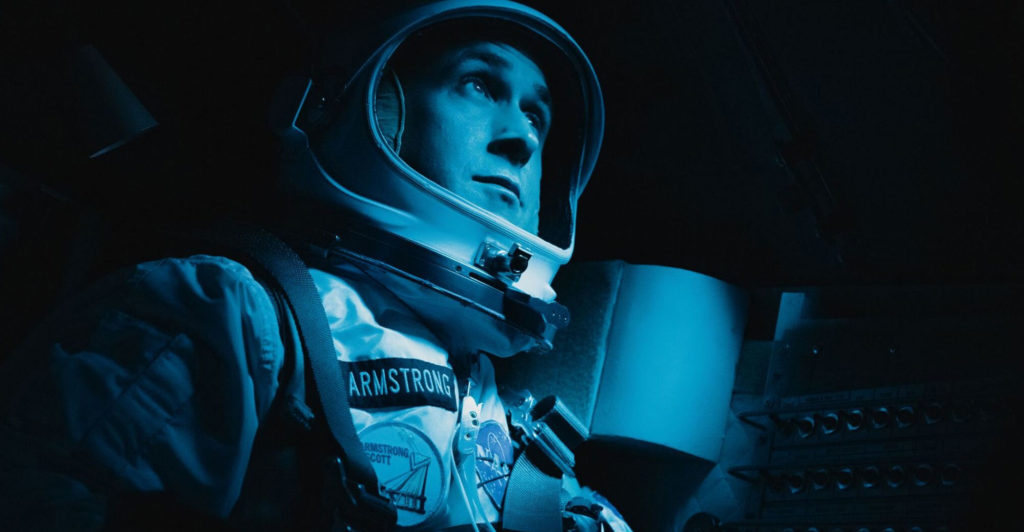 Few books arrive burdened with as much expectation as Freedom, the new novel from Jonathan Franzen. The book recently put Franzen on the cover of Time magazine, an honour he shares with only a small and elite group of novelists that includes JD Salinger, Vladimir Nabokov and John Updike.
Few books arrive burdened with as much expectation as Freedom, the new novel from Jonathan Franzen. The book recently put Franzen on the cover of Time magazine, an honour he shares with only a small and elite group of novelists that includes JD Salinger, Vladimir Nabokov and John Updike.
As it turns out, Time’s breathless declaration on its cover — “Great American Novelist” — is one of the more modest pieces of acclaim that have come Franzen’s way since Freedom was released in the US in August. Indeed, some critics go so far as to call it the book of a century that is just 10 years old.
Predictably enough, the slobbering hyperbole has provoked a backlash, notably from a group of feminist critics and authors who say — with some justice — that it’s unfair that a male author who writes quotidian domestic fiction is showered with praise when female writers covering the same ground are dismissed as purveyors of chick-lit. Looking past the polarisation, I believe that Freedom is a major work worthy of sober discussion, though it may be too much a product of our time to endure another 90 years.
One can’t help suspecting that the hype about Franzen’s book is at least partly explained by a desperate need among reviewers and book lovers to believe that literary fiction still matters. Franzen — a boyish-looking 50-year-old whose previous novel, The Corrections, sold 3m copies — is a perfect standard-bearer for people who think that literature needs saving in a world where the most talked-about books are by Dan Brown, Stieg Larsson and Stephanie Meyer.
His books are meaty and weighty enough to convey a sense of ambition and seriousness, but they’re also easy to read, digest and engage with. Forget the hedonism of Bret Easton Ellis, the wild experimentalism of Mark Z Danielewski, or even the dense but fractured prose of his late friend, David Foster Wallace. Franzen harks back to the 18th and 19th centuries when the divide between the popular novel and literary fiction was not the yawning chasm it is today.
 Freedom — Franzen says you must hear the title ironically, as if it that excuses the grandness of it — is a careful dissection of the lives of the Berglunds, a mid-Western family torn apart by a lopsided love triangle.
Freedom — Franzen says you must hear the title ironically, as if it that excuses the grandness of it — is a careful dissection of the lives of the Berglunds, a mid-Western family torn apart by a lopsided love triangle.
Though not in chronological order, we learn about Walter Berglund’s courting of Patty as a college student, their childhood backgrounds, their marriage, and their children. Franzen opens with an idyllic suburban setting and slowly reveals the frustration, regret and resentment curdling beneath its surface.
Patty has always secretly yearned more for the mercurial minor rock star Richard Katz — college buddy to nice-guy liberal, Walter — than she ever did for her husband. And Walter and Patty find themselves drifting away from their children, especially the precocious Joey who moves in with the working class couple next door and becomes (horror!) a Republican after he falls for their daughter.
The central theme of Freedom lies in its title: it’s a book about how personal liberty often leads to misery for people who seem unable to make the right choices for themselves and those they love. On a grander scale, it’s about externalities and the tragedy of the commons, the way that masses of people acting freely and with no responsibility collide with each other and the world they live in.
Considering the central role of freedom in America’s grand historical narrative, it is an audacious subject for a novel. The redemptive ending suggests Franzen comes down on the side of freedom, but never loses sight of its costs and dangers.
Franzen excels with thumbnail sketches. He is at his best when he’s pulling back the skin that covers his characters’ faces to reveal the desperate fears and quiet hopes that drive them. The snark and misanthropy that drip from every page of The Corrections have boiled away, making Freedom a more palatable though much less funny read.
Over the book’s more than 500 pages, one comes to sympathise with the characters and the tragedies they endure, even when these are largely of their own making. It’s the acuity of his psychological insight and the delicacy of his characterisation that lifts Franzen’s handling of the pedestrian theme of domestic strife above soap opera.
Franzen writes good, unvarnished prose in that direct American manner — sentences that get the job done without calling too much attention to themselves. He is especially adept at capturing the cadences and hidden meanings of everyday speech in naturalistic dialogue.
Through the lives of his characters, Franzen also takes a panoramic look at the consequences of freedom in contemporary American life.
YouTube video — Jonathan Franzen gets all meta about why he hates recording author videos:
The book pans over the entire social and political landscape of post 9/11 America — taking in war, technology, pop culture and the recession on the way. But Franzen’s biggest political obsession is with the environment. He uses Walter’s quixotic quest to save a songbird species called the Cerulean warbler from catastrophe as an emblem for humanity’s heartless ravaging of the American wilderness.
The author deftly shows how personal experience and motivations translate into political outlooks and actions, but he is clumsier in his own political arguments. Tritely and lazily, Franzen reduces all of the world’s problems (at least the ones he doesn’t blame George W Bush for) to the fact that there are simply too many people in it.
It’s a nonsensical and unhelpful thesis in a world where human birth rates are starting to decline even in poor countries. From Walter’s alignment with a coal-mining company that also promises to create tracts of land as wilderness perseveres, I had hoped for a subtler interrogation of the compromises between conservation and human development and consumption. But the company turns out to be a sinister and duplicitous Halliburton caricature.
The book’s other major flaw runs like a fault line through every page: the intrusion of the authorial voice where it doesn’t belong. Franzen has said in interviews that he experimented with first-person perspectives and other techniques to find a convincing voice for the novel. It is a struggle he didn’t completely resolve in the 10 years he spent writing Freedom.
Too often you see the ventriloquist’s lips moving when Franzen talks through his characters, especially Walter. The failing is especially evident in the chapters written by Patty as a third-person autobiography at the behest of her therapist. In many passages, it’s the omniscient narrator you hear speaking in mannered prose rather than a suburban housewife trying to make sense of her compromised life and failed marriage.
Of course, the fact that Freedom is imperfect does not rule of the possibility that it is indeed the masterpiece it is said to be. But whether it deserves to mentioned in the same breath as other books that have been called the Great American Novel — Moby Dick, Lolita, The Great Gatsby, Gravity’s Rainbow – is a question it is too early to answer. It’s also a question that distracts from discussing the book and its ideas on their own merits. — Lance Harris, TechCentral
- Subscribe to our free daily newsletter
- Follow us on Twitter or on Facebook




